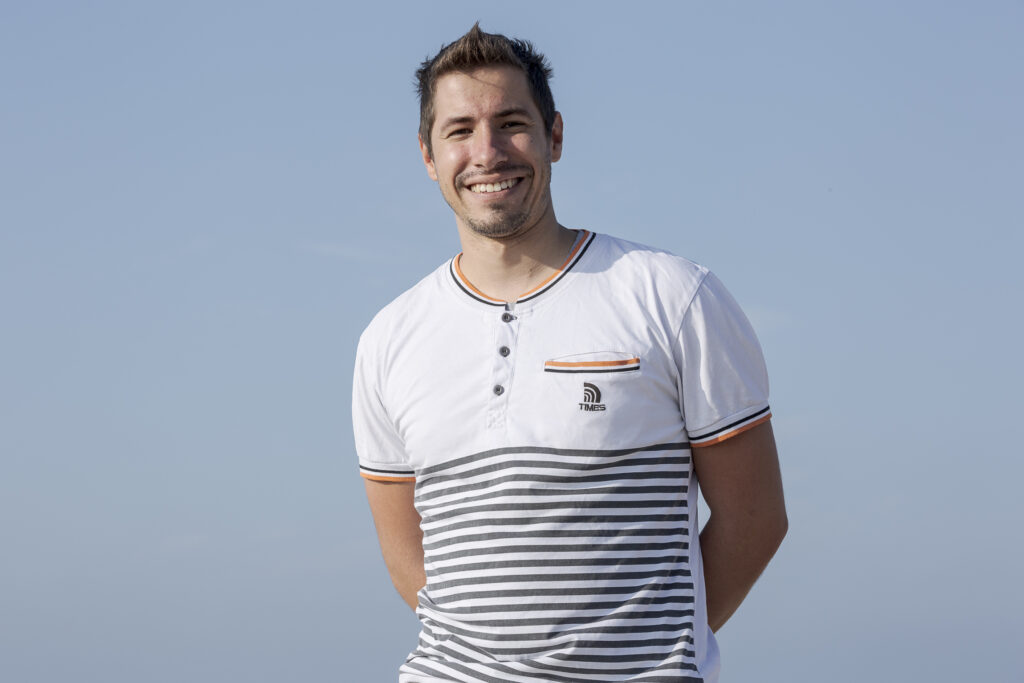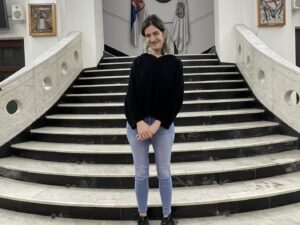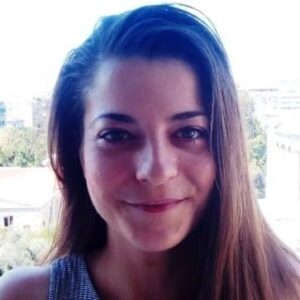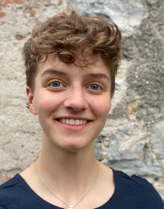Borko Radivojevic from Serbia:
I work in Niš, Serbia, as a hydraulic engineer in Consult Biro, a growing family company engaged in consulting and hydraulic structure projects. As a civil engineer, I do hydraulic computations, make 1D models for open channel flow, bridge and culverts hydraulics, and 2D models for performing floodplain mapping. I also use GIS software for different needs and design different types of water structures. I actually joined EJWP as a PhD student and am still working on my PhD thesis!
My work often requires multitasking with water supply systems, waste water treatment plants, river engineering, water power use, and electricity generation facility construction. I focus primarily on flood risk analysis by creating models that allow me to see the effects of large waters on the environment, and mitigating flood waves through the construction of dikes, dams, reservoirs and other methods. I always try to use natural solutions, and the best feeling is when my construction is completed and seen to serve its purpose.
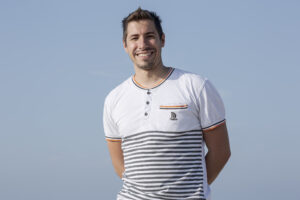
Water and collaboration
I see the world being plagued by floods, droughts and resulting water quality issues, and this will persist in the future as a result of climate change. I’m curious how and with what methods other countries are using to deal with the problems. I see using nature-based solutions in these problems, as well as collaboration with people from various backgrounds who work in the water sector, sharing their experience and knowledge. I also see a future solution in the use of salt water for various purposes, relieving the strain on fresh water resources.
International water professionals have a key role to play in raising strategic issues related to water and how important water is to everyone. With smart projects, we can raise awareness of people outside of our profession, thus involving them in the conservation of water as a resource. Some countries are facing new kinds of challenges, and this type of organization allows sharing knowledge from countries that have already faced this type of issue.
Working with people around the world breaks down boundaries and allows us to communicate better, share knowledge and make better decisions, especially among EU countries. EJWP really makes it possible to connect with people in different professions and positions of the water sector. Each of us knows someone who is successful in a field and willing to share their experiences and knowledge.
Connecting across disciplines
Through my EJWP journey, I’ve been making connections with people who work in the water sector. I also see the mindset of people in different professions, and this can help to advance intellectually and improve communication with colleagues in better achieving further goals. The EJWP training week in The Hague and Delft, the Netherlands, in 2021 was valuable because I met colleagues that I’ve been working with only online for almost a year, due to the pandemic. Meeting in person there established better communication among us and created a team in which we could support each other.
The learning opportunities provided by EJWP are significant, and different from the academic field. As a student, I thought only about technical solutions, but after finishing our first group project, “The Value of Water,” it made me think in another direction – about how to make people aware that the availability of drinking water will be an issue, especially in the future. I have also seen that diversity in collaboration is valuable for better achievement of goals.
I’m improving as a professional. I had only a few months of work experience when I started at EJWP. I have seen my development every month during the EJWP journey, and over the two years of collaboration with colleagues in my team. Working with people from different backgrounds has allowed me to look at some issues from a different perspective and solve them in different ways than I am used to.
Looking ahead
As a project manager, I gained valuable experience that will be useful in my future work. Advice from senior colleagues encouraged me to recognize and correct mistakes. I realized how team communication improves work quality, resolves issues, and leads to better results. We are all unique and have different requirements that must be discussed and decided upon in order to move forward in a good way. EJWP provided me with the opportunity to meet people in the water sector who deal with completely different issues than I do, but they all contribute to a more sustainable water sector. I hope these connections will benefit me in the future, not financially, but in terms of my career enrichment.
I completed my bachelor’s at the Faculty of Civil engineering and architecture at the University of Niš, in hydrotechnics. My master’s is from the University of Niš and the University of Natural Resources and Life Sciences in Vienna on river engineering. In addition to making connections and doing trainings for my personal development through EJWP, I hope that these programs will provide opportunities for future employment. As a civil engineer, I would like to see myself creating objects that fit much better into the natural system, that do not endanger it, but imitate it.

